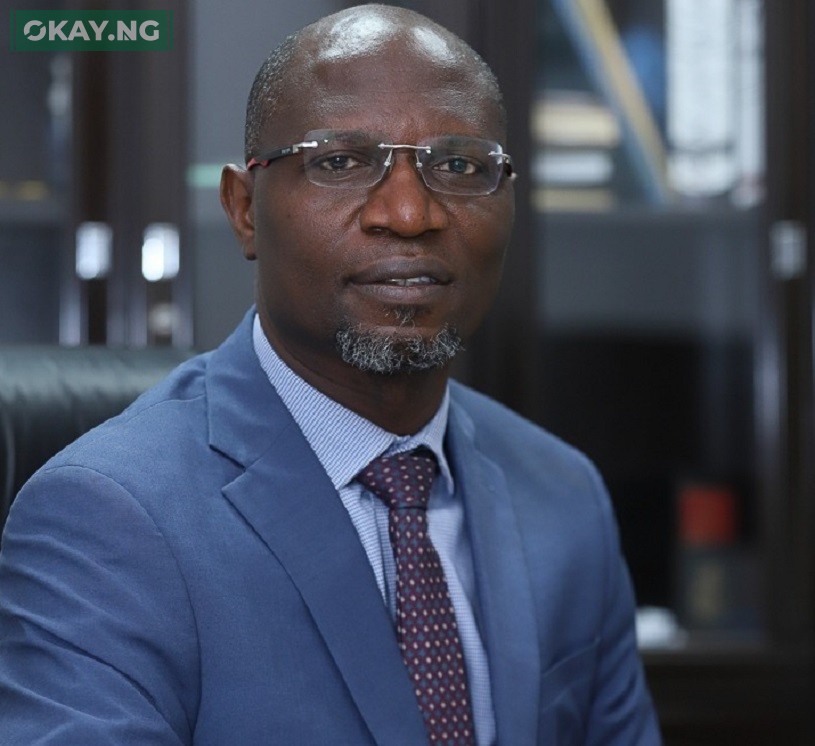The SEC, in an email response to Bloomberg, confirmed its commitment to capturing tax revenue from cryptocurrency transactions. While the commission refrained from providing specific revenue projections, it acknowledged the “substantial amount of tax revenue that will accrue,” Nairametric reports. This move underscores the government’s recognition of the burgeoning crypto market’s potential contribution to the national treasury. This is a pivotal moment for both the crypto industry and Nigeria’s economic future.
Beyond taxation, the SEC is also working to broaden the scope of cryptocurrency licensing. This includes issuing permits for centralised exchanges, and platforms designed to offer greater investor protection and facilitate regulatory oversight. “We anticipate gradual traction toward centralised exchanges because they will provide greater protections and comfort for investors,” the SEC stated. This suggests a strategic move towards creating a more structured and secure environment for cryptocurrency trading.
A proposed bill currently before the National Assembly seeks to establish a framework for taxing crypto transactions and introducing other levies. Its anticipated passage this quarter could mark a watershed moment, providing legal backing for the SEC’s regulatory initiatives. This legislative push reflects President Tinubu’s commitment to overhauling Nigeria’s tax administration and enhancing fiscal sustainability. Since assuming office in 2023, Tinubu has prioritised improving revenue collection and reducing the budget deficit.
Read Also: Nigerian Tax Reform: A Balancing Act Between Revenue and Relief
This isn’t the SEC’s first foray into regulating the crypto space. In August last year, the commission granted Approval-in-Principle to two crypto exchanges, Quidax and Busha, under its Accelerated Regulatory Incubation Program (ARIP). This move demonstrated the SEC’s proactive approach to regulating the industry and fostering innovation.
This move has significant implications. For the young Nigerians who have embraced cryptocurrency, this could mean increased financial transparency and potentially greater confidence in the market. While some may express concerns about increased taxation, others may see it as a sign of the industry’s growing legitimacy. The SEC’s focus on centralised exchanges also suggests a move towards protecting investors from the risks associated with decentralised and unregulated platforms.
The implications for Nigeria’s economy are substantial. Increased tax revenue could help fund critical infrastructure projects and social programs. Furthermore, clear regulatory guidelines could attract more foreign investment into the Nigerian fintech sector, boosting economic growth and creating jobs. However, it’s crucial to strike a balance between generating revenue and fostering innovation. Overly burdensome regulations could stifle the growth of the crypto industry and push transactions underground.
As the SEC finalises its regulations and the National Assembly considers the proposed legislation, the future of cryptocurrency in Nigeria hangs in the balance. This is a critical juncture that will shape the trajectory of digital finance in the country for years to come. I believe that with careful planning and execution, Nigeria can harness the potential of cryptocurrency while ensuring a fair and transparent tax system.












